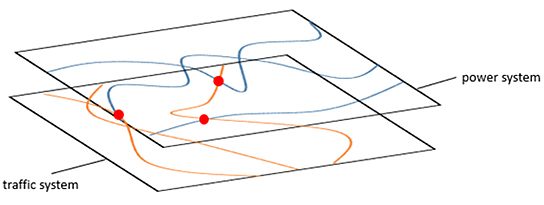30.09.2019
5 minutes of reading
A collaboration between researchers from IFPEN (IFP School) and the Academy of Chinese Energy Strategy (CUP-Beijing) has enabled targeted studies to be carried out through the development of an optimization model and associated method.
The rapid development of electric vehicles can greatly alleviate the environmental problems and energy tension. However, the lack of public charging facilities and infrastructure is currently the biggest problem hindering its development. In many countries, it has become a matter of urgency to know how to reasonably plan the location of charging stations to cater to electric vehicles' needs.
With this in mind, a mathematical optimization model with two objective functions has been developed to analyze the relationship between initial investments and the system service and operating costs [1]. It was then solved using the Particle Swarm Optimization (PSO) method. The Geographic Information System (GIS) was used to overlay the traffic system diagram and the electrical system diagram to find alternative construction sites.

In this study, a Beijing district was analyzed as an example using the proposed method and model, based on various scenarios for the development of electric vehicles and their energy demand.

Scientific contact : Arash Farnoosh
[1] Yue Zhang, Qi Zhang, Arash Farnoosh, Siyuan Chen, Yan Li, GIS-Based Multi-Objective Particle Swarm Optimization of charging stations for electric vehicle, Energy - Volume 169, 15 February 2019, Pages 844-853
>> https://doi.org/10.1016/j.energy.2018.12.062






